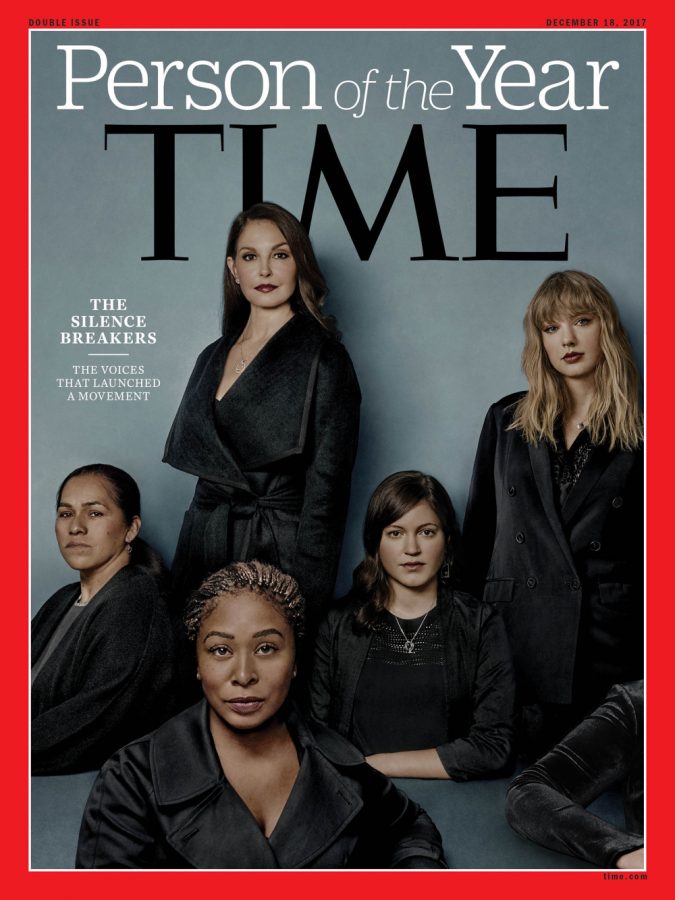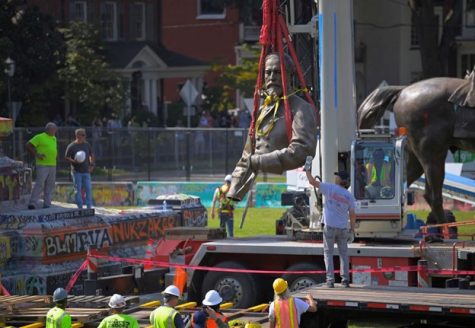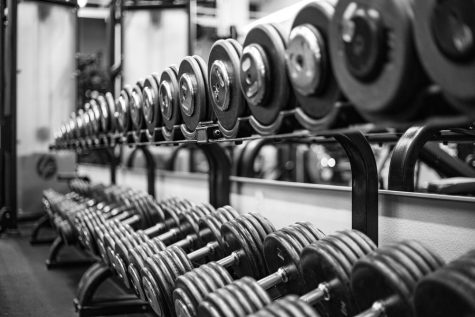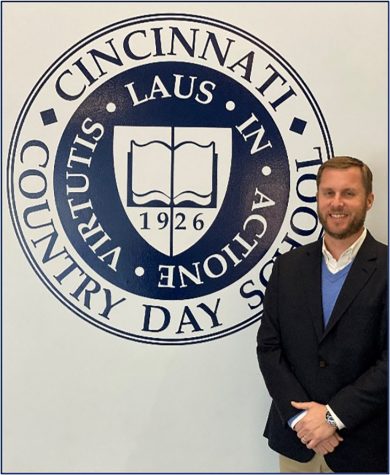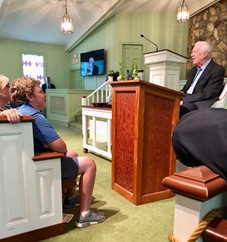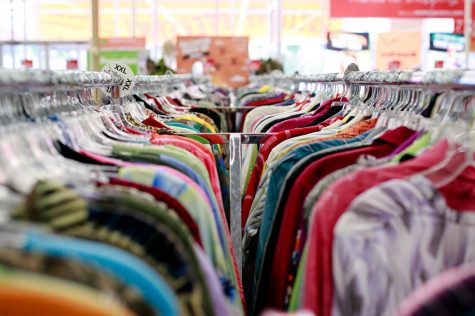The Silence Breakers: Creating a Change in the Stigma Against Assault
January 25, 2018
By Sachi Bhati ’18, News Editor
As the year comes to an end, we all eagerly await to hear what the top stories, searches, and people were from the past year. One of the most popular reviews is TIME’s Person of the year. However, this year the renowned magazine did not name just one person, rather a group of people. To the average American, Hollywood and its glamorous stars seem like people we can’t relate to. We make out their lives to be perfect, not really knowing their hardships. TIME chose the “silence breakers” as their person year. This spoke on more than one level as it emphasized the strength of their unity, and applauded their courage.
The women of Hollywood used their platform to advocate against something that at least 1 in 6 women in America experience. The statistics regarding assault were consistently high for women. The RAINN reports that every 98 seconds an American is sexually assaulted. Every 8 minutes, that victim is a child. Meanwhile, only 6 out of every 1,000 perpetrators will end up in prison. At least 54% of the victims of assault are under the age of 30. [1]
Ashley Judd, interviewed by TIME, was one of the many women assaulted by Harvey Weinstein. She recalled how after Weinstein’s attempt she did not keep silent, only to be met with people telling her it was “an open secret passed on the whisper network that had been furrowing through Hollywood for years. It allowed for people to warn others to some degree but there was no route to stop the abuse.”[2] She didn’t know what to do. There wasn’t some attorney she could just go to, Weinstein had accumulated a lot of power, and the stigma against assault was very high at the time. This is the main problem against the stigma. Women are afraid to come forward because of the repercussions. In a work place, will they be able to keep their job? Women worry that if they “do [complain], your complain becomes your identity”. This is not what women should have to worry about. Being forced by society into silence, 94% of women experience PTSD within two weeks following their assault.[3] Their relationships between family, friends, and coworkers change as the victims are not feeling able to trust them.
Selma Blair, also a part of the movement, shared her experience with the threat the aggressor gives to force the victim into silence. She was threatened that if she spoke out, her eyes would be gouged out, and she would be thrown into the Hudson River. The aggressors have already once taken control of their victims, which make these threats even more real. The #MeToo campaign was founded to unify victims, regardless of sex, race, or socioeconomic status, who had undergone all forms of assault. This is a call for the stigma to change. Hollywood is working on the change, from Bill O’Reilly to Bill Cosby to Harvey Weinstein. After the creation of this platform, 85% of women are more likely to report assault; it’s created a true break of the silence.
[1] https://www.rainn.org/statistics
[2] http://time.com/time-person-of-the-year-2017-silence-breakers/
[3] https://www.rainn.org/statistics/victims-sexual-violence



